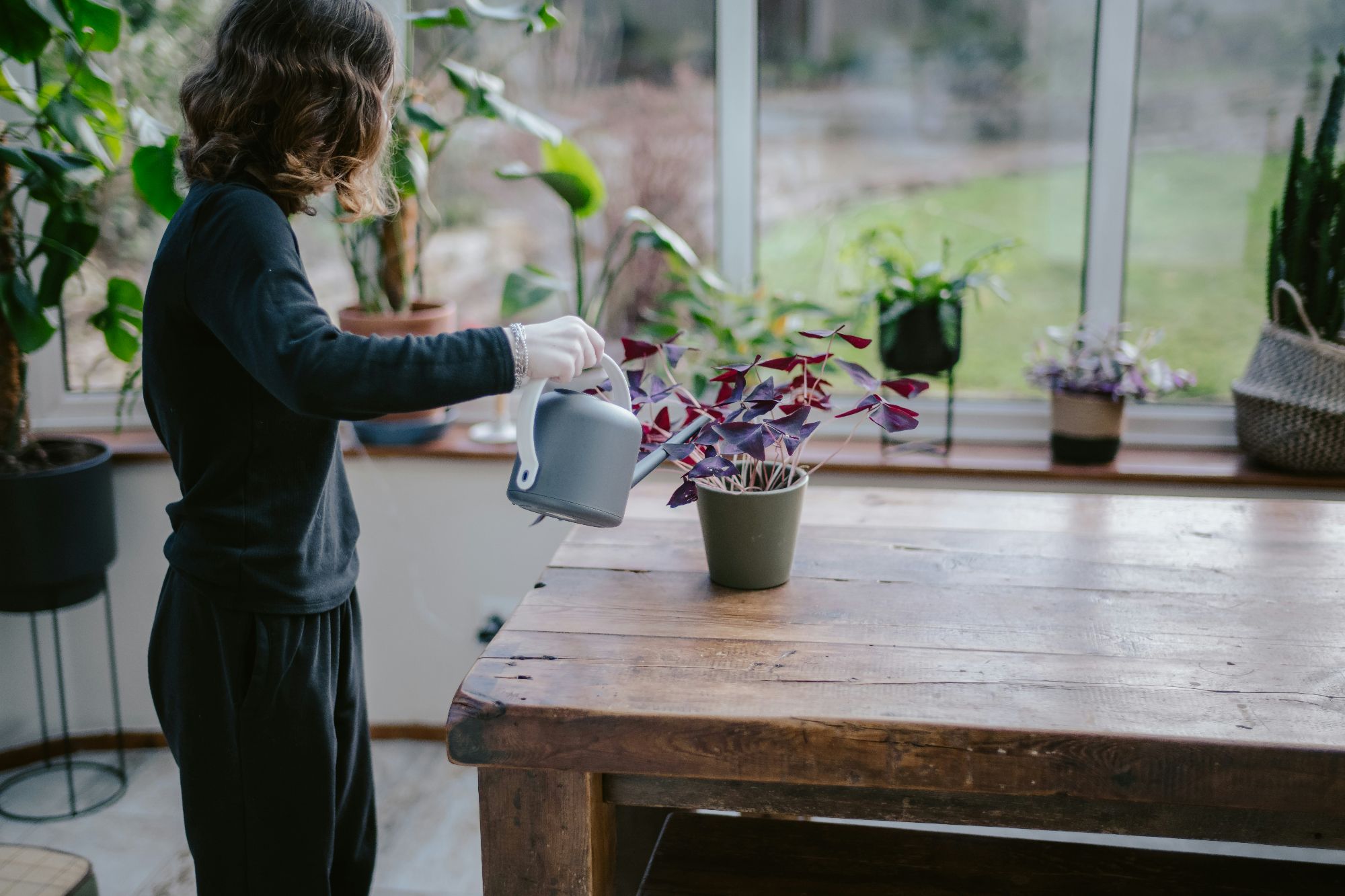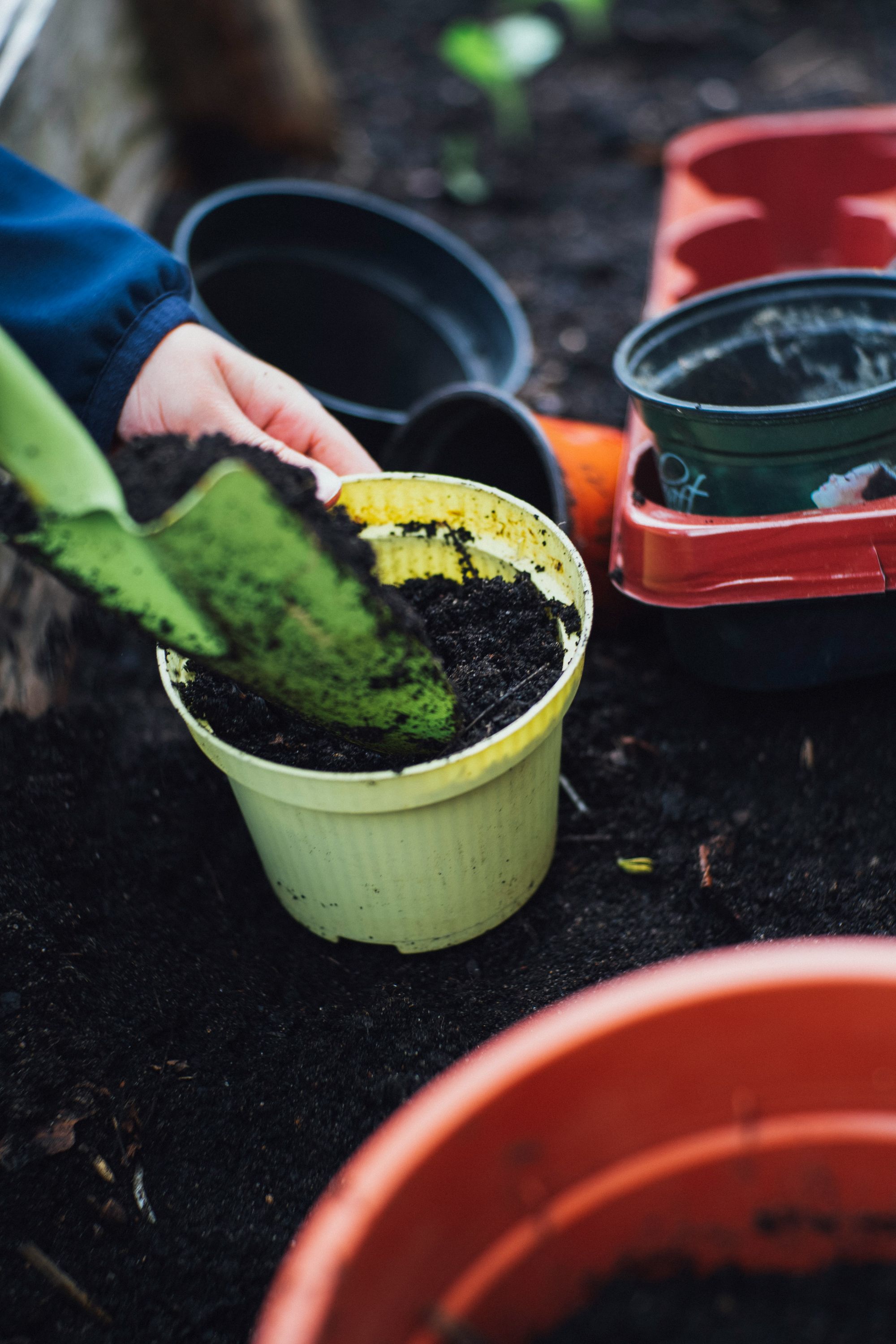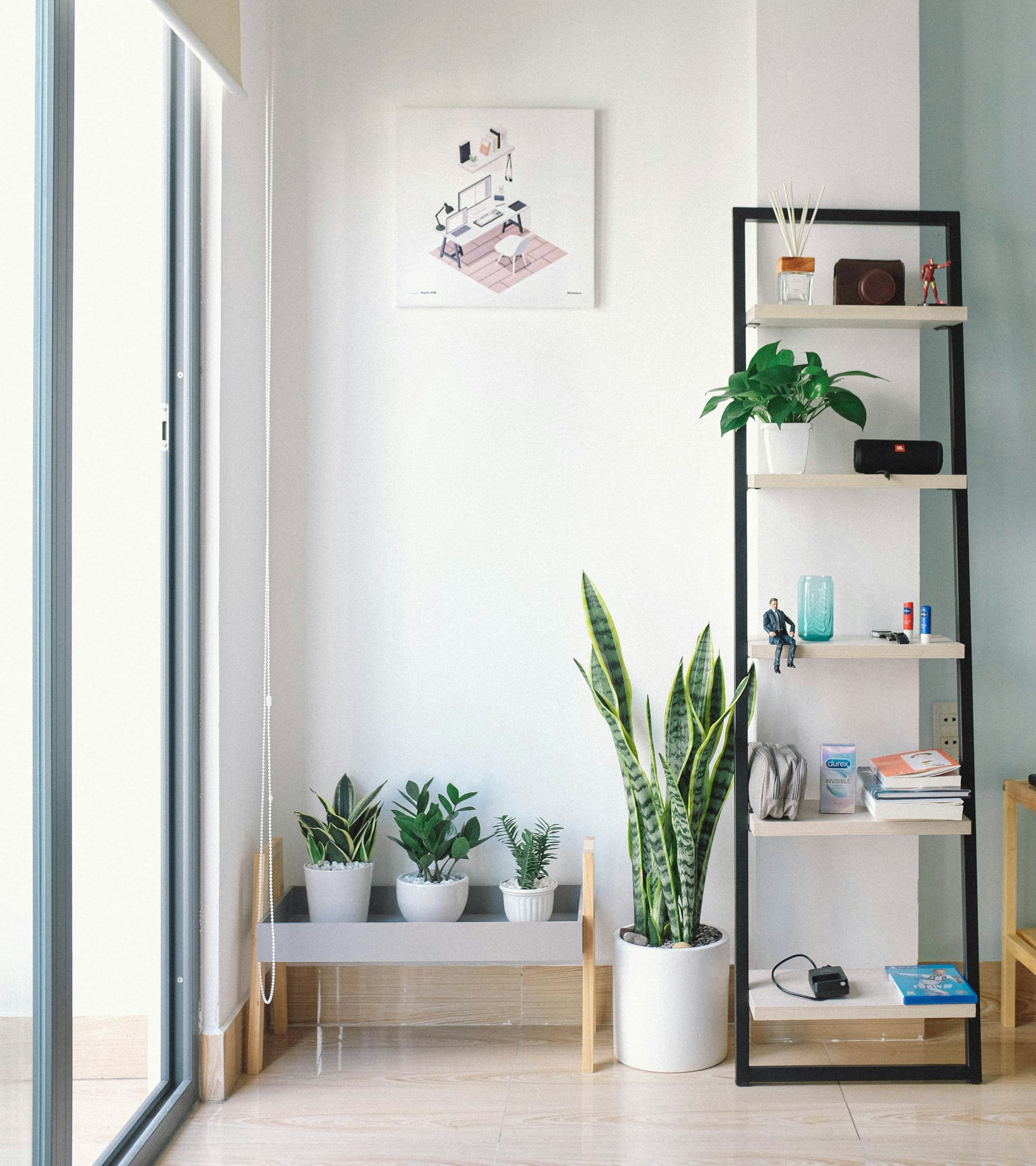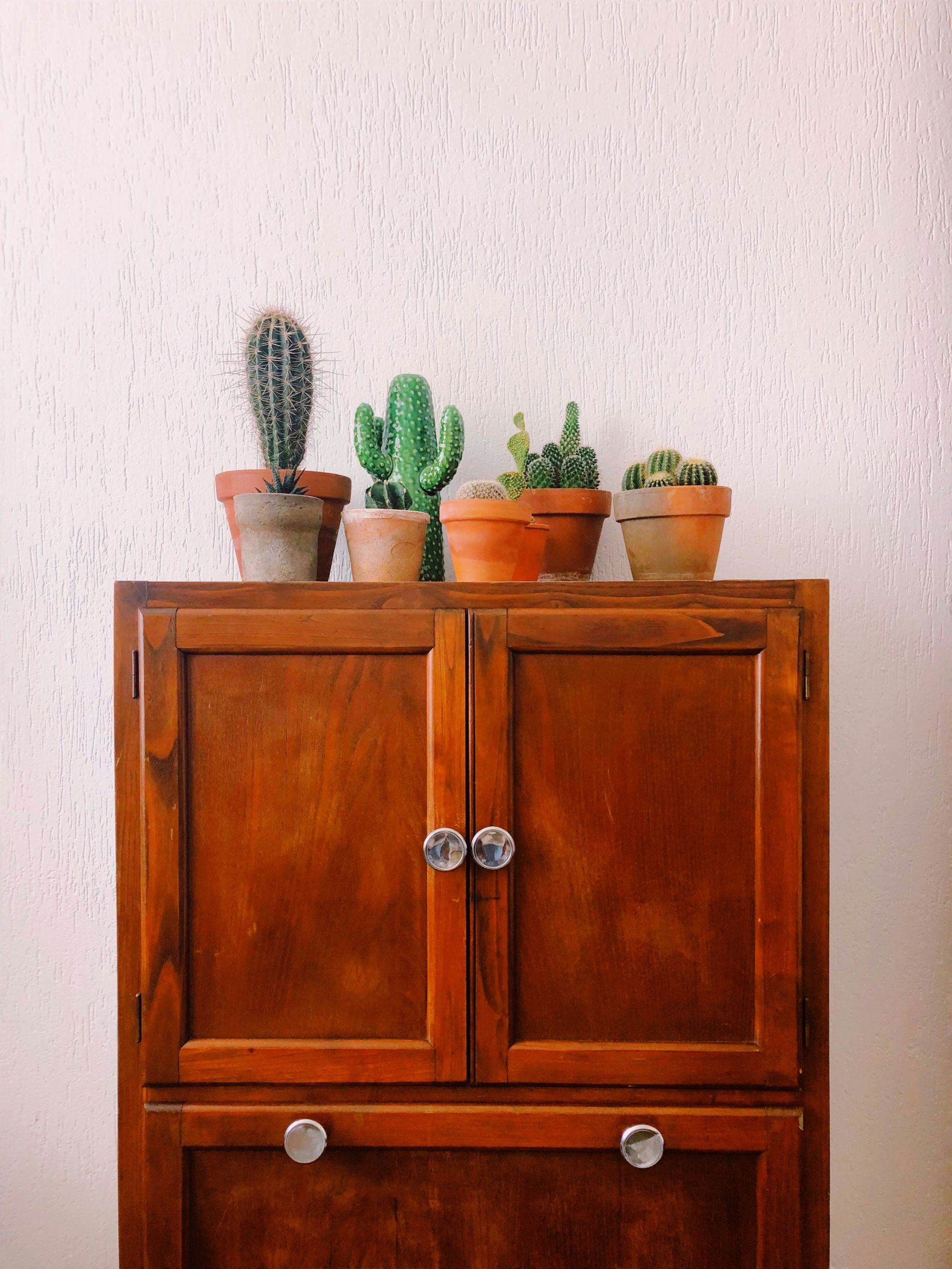Playful Spaces: How to Create the Perfect Space for Your Child’s Bedroom
Your guide to create the perfect playroom for your kids
Here’s a guide to keeping your green friends happy throughout the scorching months.

1. Understanding the Impact of Dubai's Climate on Plants
Indoor Plants: Even though they’re shielded from direct sunlight, indoor plants can suffer from dry air caused by air conditioning. They may also experience reduced sunlight exposure, which is essential for photosynthesis.
Outdoor Plants: Plants on balconies or in gardens are directly exposed to the intense sun. The heat can cause the soil to dry out quickly, and if not managed properly, this can lead to wilting, leaf burn, and in severe cases, plant death.
2. Watering Wisely: Timing and Techniques
Early Morning or Late Evening: Water your plants early in the morning or late in the evening to minimize evaporation. The cooler temperatures during these times allow the water to soak into the soil, reaching the roots effectively.
Deep Watering: Shallow watering can lead to weak roots that are more susceptible to heat stress. Ensure that you water deeply, so the roots grow deeper into the soil where it’s cooler and moister.
Hydration Hacks: For those who travel often or are forgetful about watering, consider using self-watering systems or placing a layer of mulch over the soil. Mulch helps retain moisture, reducing the frequency of watering needed.

3. Shade is Key: Protecting Your Plants from Direct Sunlight
Use Shade Cloths: Invest in shade cloths or garden umbrellas to protect your plants from direct sunlight. These can reduce the intensity of the sun by up to 50%, creating a more hospitable environment for your plants.
Move Potted Plants: If possible, move your potted plants to a shaded area during the peak heat of the day. Balconies with retractable awnings or pergolas are ideal for providing adjustable shade.
Indoor Light Management: For indoor plants, consider moving them away from windows during the hottest part of the day. Alternatively, use sheer curtains to filter the sunlight.
4. Soil Matters: Keep It Cool and Moist
Choose the Right Soil: Use well-draining soil mixes to prevent waterlogging, which can lead to root rot. Adding organic matter like compost can help improve water retention and soil structure.
Mulch, Mulch, Mulch: A layer of mulch—such as wood chips, straw, or even pebbles—can protect the soil from the sun’s heat. Mulch acts as an insulator, keeping the soil cooler and moist for longer periods.
Regular Soil Check: Check the soil moisture level regularly by sticking your finger about an inch into the soil. If it feels dry, it’s time to water. Also, be mindful of compacted soil, which can impede water absorption.

5. Choose Heat-Resistant Plants
Succulents and Cacti: These are perfect for Dubai’s climate, as they are designed to store water in their leaves, stems, and roots. Aloe vera, jade plant, and various types of cacti are not only heat-resistant but also low maintenance.
Mediterranean Plants: Plants like lavender, rosemary, and bougainvillea are well-suited to hot climates. They require less water and can withstand the intense sun.
Native Plants: Consider incorporating plants that are native to the UAE or similar climates, as they are naturally adapted to survive and thrive in the region's conditions.
6. Indoor Plant Care: Combatting Dry Air
Humidity Boosters: Increase humidity around your plants by misting them regularly or placing a humidifier nearby. Grouping plants together can also create a microenvironment with higher humidity.
Avoid Direct A/C: Make sure your plants are not directly in the path of air conditioning vents, as the cold, dry air can cause stress.
Rotate Plants: Regularly rotating your plants can ensure even light exposure and prevent any single side from being overexposed or deprived of light.

7. Fertilizing and Pruning: Less is More
Go Easy on Fertilizer: Avoid over-fertilizing during the summer months. Too much fertilizer can stress your plants further and lead to fertilizer burn, especially in the heat. A balanced, slow-release fertilizer applied sparingly will suffice.
Prune Judiciously: Trim any dead or damaged leaves and branches to reduce the energy your plant needs to survive. However, avoid heavy pruning, as this can expose more of the plant to the sun, increasing the risk of sunburn.
For better web experience, please use the website in portrait mode